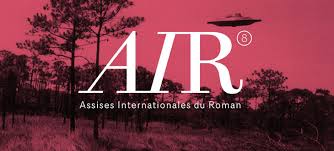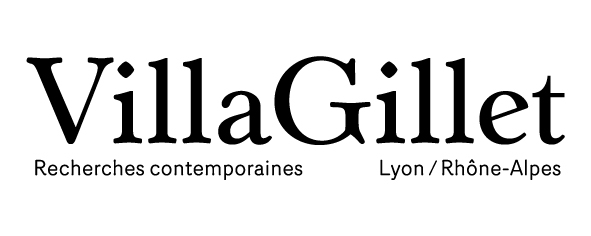Rebellion (Rachel Cusk)
https://video.ens-lyon.fr/eduscol-cdl/2014/ANG_2014_rcusk.mp4
For me writing is an interrogation - and sometimes an overthrowing - of the accepted order. I experience human reality as innately resistant to truth, always drifting towards consensus and agreed versions of things: writing is the correction to this drift, the reassertion of individual knowledge over the social agreement. As a child I spent a lot of time watching adults and listening to them talk; I grew up in a small village in the English countryside and my mother was often on the telephone, talking to her friends elsewhere. Since I was frequently ill and home during the day, I could listen to her narrations of events - events I had often witnessed - and I became aware of the intricate relationship between what had happened and what she said had happened. It seemed to me that adults were always seeking to agree a version of life that was acceptable to all of them, so in a sense I came to regard social reality as the fiction, while the books I read seemed to represent the truth.
Rebellion is necessary to refresh the relationship between fiction and truth: it is the engine of change, is exciting and disturbing and uncomfortable, and it is something for which society feels an infinite ambivalence. The rebel is recognised at the same time as she is disowned, is needed without being wanted, is welcomed as a guest but never permitted to belong. The more excoriated she is for her message, the more necessary she believes her message to be. And likewise, I see writing as an uncomfortable comfort, a relief and a challenge - a shelter that never quite becomes a home.
Pour citer cette ressource :
Rachel Cusk, Rebellion (Rachel Cusk), La Clé des Langues [en ligne], Lyon, ENS de LYON/DGESCO (ISSN 2107-7029), mai 2014. Consulté le 11/01/2026. URL: https://cle.ens-lyon.fr/anglais/litterature/entretiens-et-textes-inedits/rebellion-rachel-cusk-



 Activer le mode zen
Activer le mode zen

